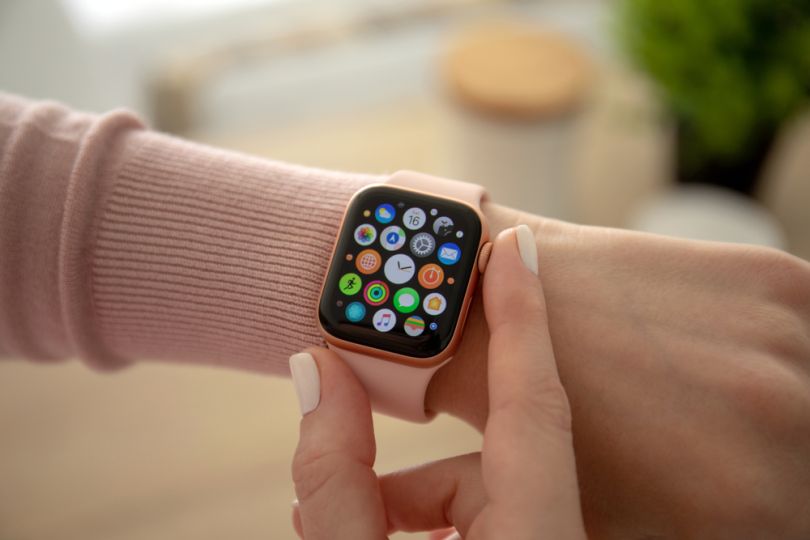
Menstrual cycle tracking and health hearing apps are two new ways Apple hopes to add value to consumers. CNBC reports that the company announced the software updates at the company’s recent annual developers conference. The upgrades suggest that the firm prioritizes wearable healthcare tech as a pillar of Apple's long-term revenue strategy.
Apple Vice President of Health Sumbul Desai described the functionality as “cycle tracking,” which enables women to log their symptoms, receive alerts when their periods are about to start and predict their fertility window.
“We are so excited to bring more focus to this incredibly important aspect of women’s health,” she said.
Meanwhile, health hearing app dubbed “noise,” uses Watch’s microphone to detect decibel levels and warn people in overly loud environments of the potential risk to their hearing.
“Since hearing loss is often so gradual, it’s important to know when the sounds around you are loud enough to impact your hearing, like when you’re in the middle of a construction zone, at a sporting event or playing your music really loud to drown out your singing voice.”
“Since hearing loss is often so gradual, it’s important to know when the sounds around you are loud enough to impact your hearing, like when you’re in the middle of a construction zone, at a sporting event or playing your music really loud to drown out your singing voice,” Desai said.
Data privacy remains central to Apple’s strategy as the app will not record or save the audio.
In addition to these updates, Apple is introducing “activity trends,” which will observe activity levels for users over time and give them a nudge to “get back on track” if needed, Desai added.
“Activity trends will provide you with a more complete picture of what you can do to stay active and even more importantly, give you the motivation you need for long-term success,” she said.
Kevin Lynch, Apple’s Vice President of Technology, announced a bevy of upcoming changes to the Health app, which uses machine learning to share personalized data.
“Since there’s nothing more private than your health information, you control your data,” he said. “You can decide whether you want to share your health data with selected apps if you’d like to share anything at all.”



